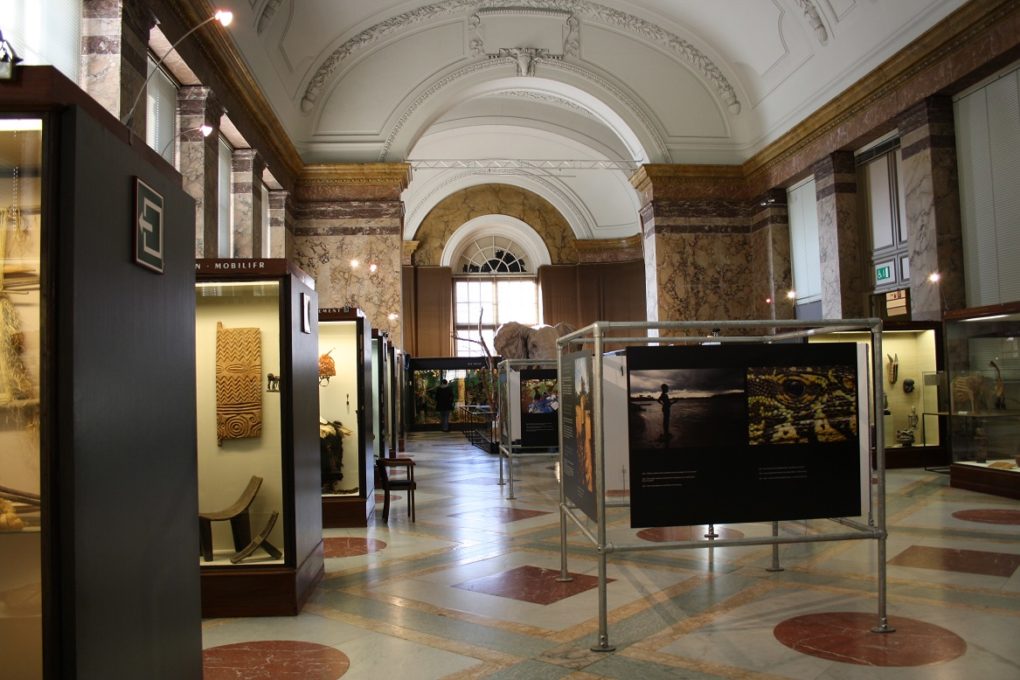It’s been a long battle, but the Belgian government finally approved in a plan to give Congo back stolen artifacts from the colonial era. This movement follows similar gestures of Germany, France and the Netherlands.
Promised by the new Belgian government, which took office in October 2020, this is said to be the country’s start to dealing with its colonial past in Congo.
Thomas Dermine, Belgium’s state secretary of scientific policy, was the author of the proposal. According to Dermine, the next step is to call for an official bilateral agreement with the Democratic Republic of Congo, to take a coordinated and shared approach to the question of objects acquired in an illegitimate manner during the colonial era.
“The question is not whether they should stay in Belgium. They don’t belong to us,” Dermine said during a press conference in Brussels.
The artifacts will be stored at the International museum that opened in Kinshasa in 2019.
The largest repository of objects stolen in a colonial context is at the Royal Museum of Central Africa at Tervuren. The museum acknowledges in a statement on its website that “it is not normal for such a large part of African cultural heritage to be found in the West.”
However, according to the Brussels Times, only items that were allegedly illegally obtained by Belgium between 1885 and 1960 will have their legal ownership transferred to Congo. The definition includes anything that was stolen, captured by force or taken as the spoils of war.
Dermine says he expects restitutions to begin during the current legislative term, which ends in 2024.
“We have to get away from symbolism,” Dermine told Brussels Times. “These things are not ours, full stop. Whether there are opportunities to preserve the heritage in Congo has no impact on ownership.”
A Wicked Colonial Legacy
In June 2020, The Democratic Republic of Congo celebrated its sixtieth anniversary of independence after being colonized by Belgium since 1885. It is the date when the Belgians and other Europeans decide to divide and exploit Africa at the infamous Congress of Berlin. This congress was also known as The Partition of Africa.
The Congress, in effect, allocated Congo to King Philippe’s ancestor, Belgian King Leopold II, who began ruling Congo as his personal property that year. However, his harsh labor policies, designed to maximize the production of natural rubber, is a symbol of one of the most vicious human rights violation over the last 150 years.
His brutality, which include mutilation and rape, and waves of lethal disease led to the deaths of up to 20 million people. His numerous, well-documented atrocities led to Europe-wide pressure to end his personal regime, and in 1908, Belgium annexed Congo, and thereafter ruled it as a colony.
